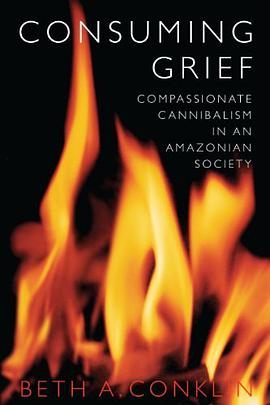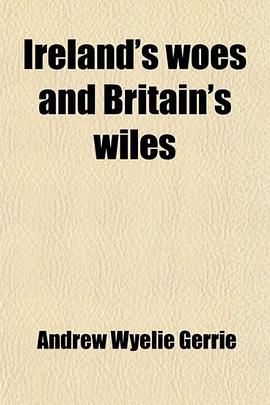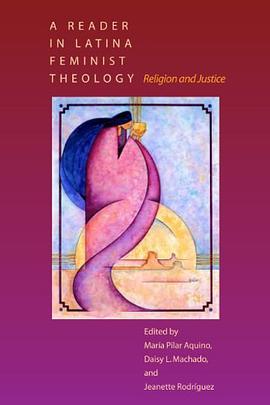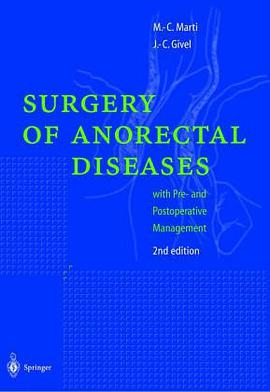

具體描述
Mourning the death of loved ones and recovering from their loss are universal human experiences, yet the grieving process is as different between cultures as it is among individuals. As late as the 1960s, the Wari' Indians of the western Amazonian rainforest ate the roasted flesh of their dead as an expression of compassion for the deceased and for his or her close relatives. By removing and transforming the corpse, which embodied ties between the living and the dead and was a focus of grief for the family of the deceased, Wari' death rites helped the bereaved kin accept their loss and go on with their lives. Drawing on the recollections of Wari' elders who participated in consuming the dead, this book presents one of the richest, most authoritative ethnographic accounts of funerary cannibalism ever recorded. Beth Conklin explores Wari' conceptions of person, body, and spirit, as well as indigenous understandings of memory and emotion, to explain why the Wari' felt that corpses must be destroyed and why they preferred cannibalism over cremation. Her findings challenge many commonly held beliefs about cannibalism and show why, in Wari' terms, it was considered the most honorable and compassionate way of treating the dead. Beth A. Conklin is Associate Professor of Anthropology and Religious Studies at Vanderbilt University.
著者簡介
Beth A. Conklin is Associate Professor of Anthropology and Religious Studies at Vanderbilt University.
圖書目錄
About the Artist and Illustrations
A Note on Orthography
Introduction
Part I: Contexts
Chapter One: Cannibal Epistemologies
Chapter Two: Wari' Worlds
Chapter Three: Cultural Collisions
Part II: Motifs and Motives
Chapter Four: Funerals
Chapter Five: Explanations of Eating
Part III: Bodily Connections
Chapter Six: Social Anatomy
Chapter Seven: Embodied Identities
Chapter Eight: Burning Sorrow
Part IV: Eat and Be Eaten
Chapter Nine: Predator and Prey
Chapter Ten: Hunting the Ancestors
Chapter Eleven: Transforming Grief
Afterword
Appendix A: The Story of Mortuary Cannibalism's Origin
Appendix B: The Story of Hujin and Orotapan
Notes
References
Index
· · · · · · (收起)
讀後感
評分
評分
評分
評分
用戶評價
我靠~~~!!!!!!!
评分PartI Contexts PartIII Bodily Connection;本來隻是打算看身體的部分,後來在某人的能好怎追問下研究瞭到底是怎麼迴事。。。
评分我靠~~~!!!!!!!
评分廢話不是一般地多,但真是……大開眼界
评分廢話不是一般地多,但真是……大開眼界
相關圖書
本站所有內容均為互聯網搜索引擎提供的公開搜索信息,本站不存儲任何數據與內容,任何內容與數據均與本站無關,如有需要請聯繫相關搜索引擎包括但不限於百度,google,bing,sogou 等
© 2025 book.quotespace.org All Rights Reserved. 小美書屋 版权所有




















